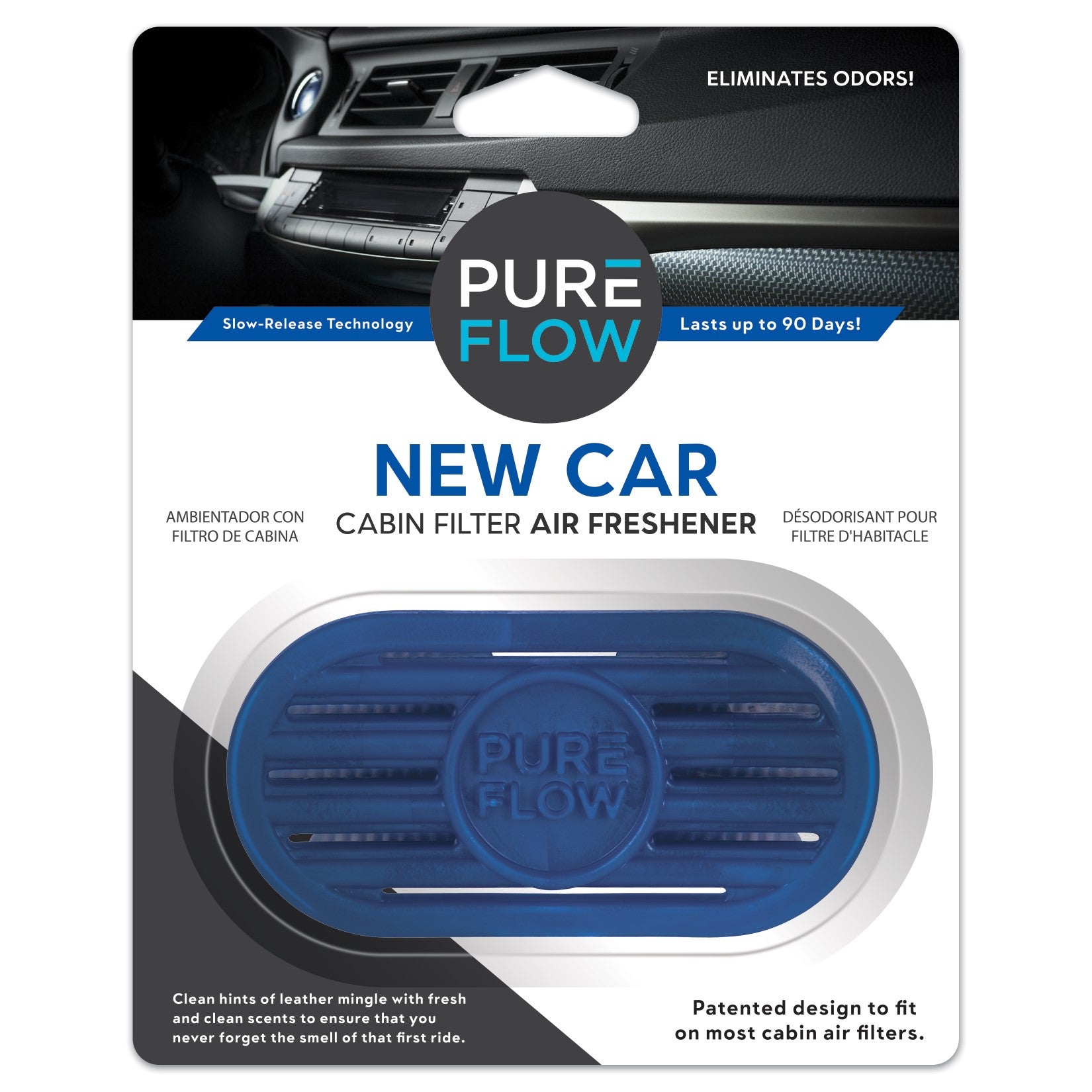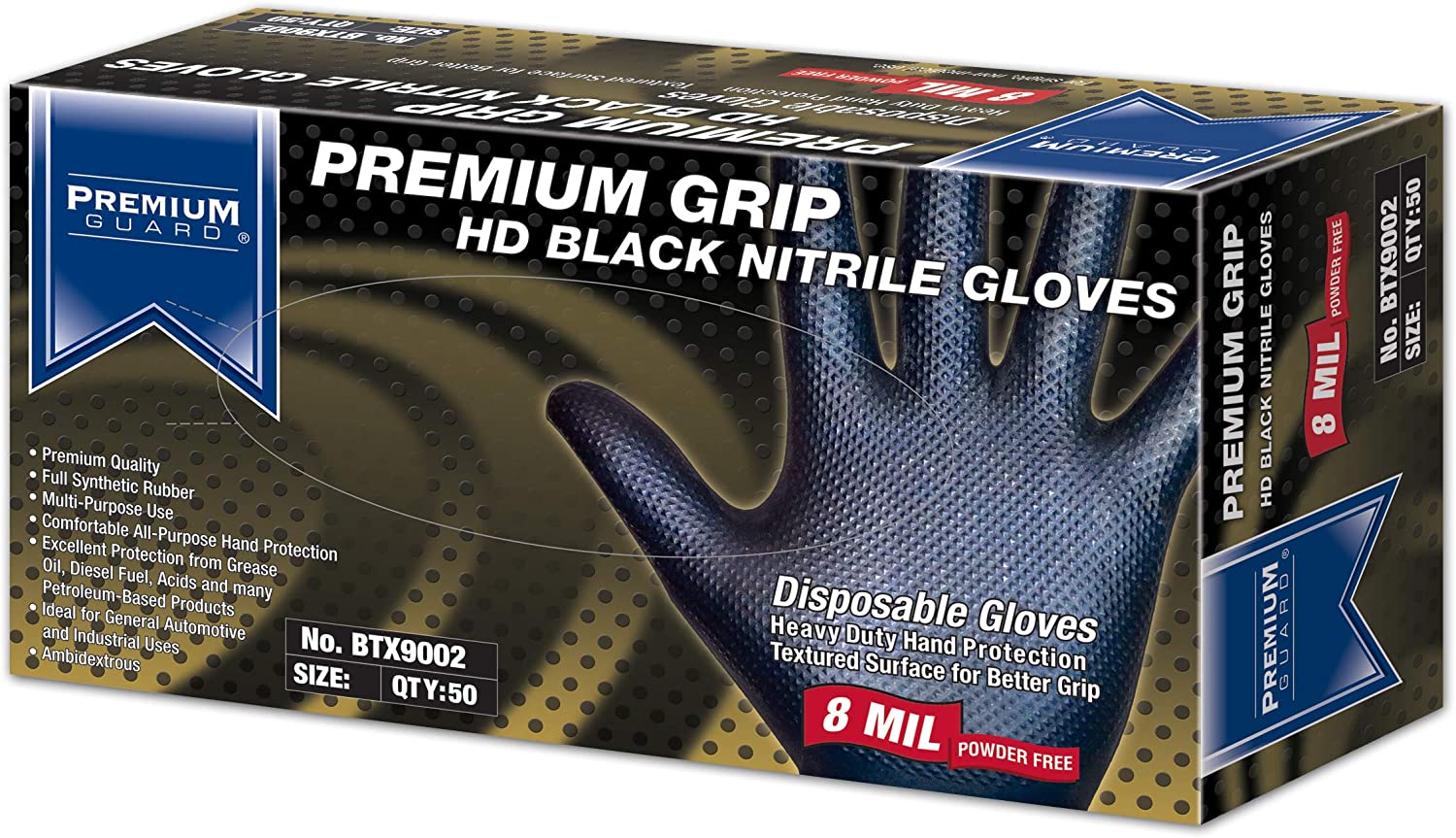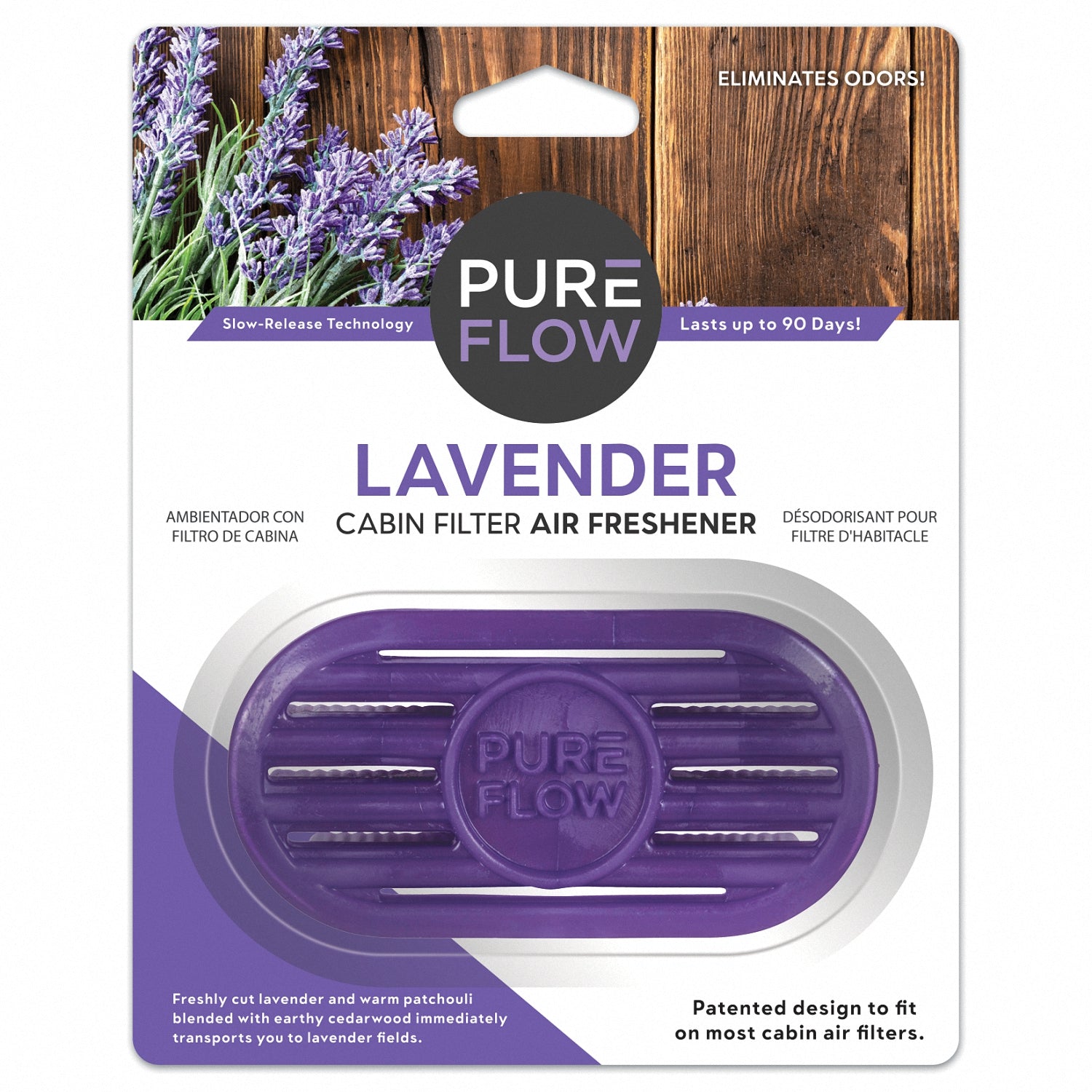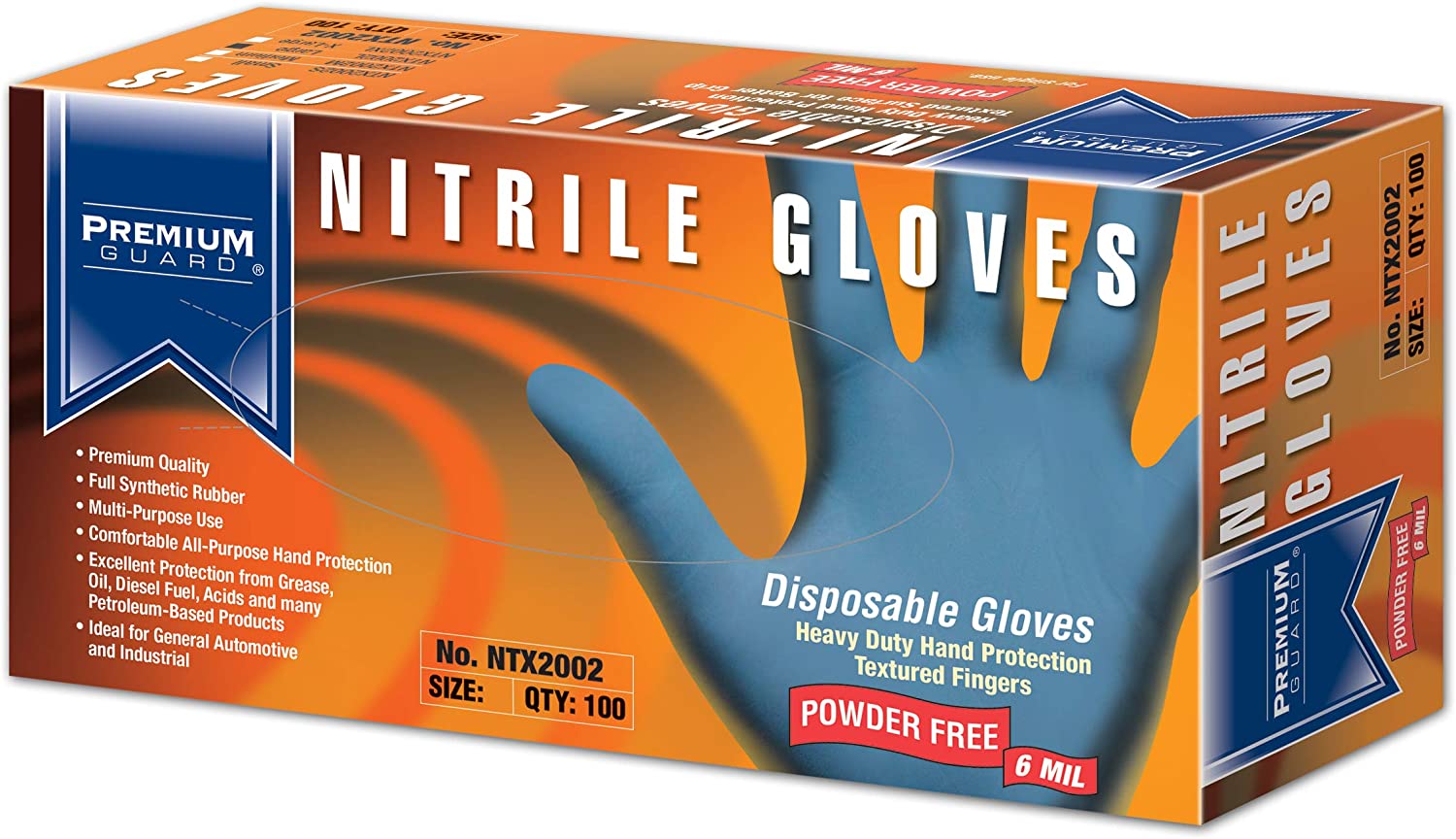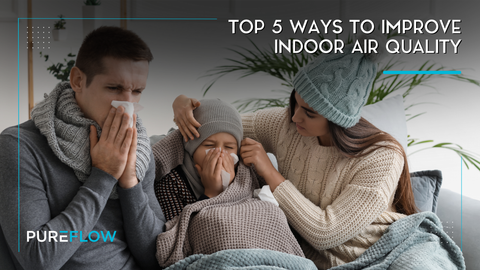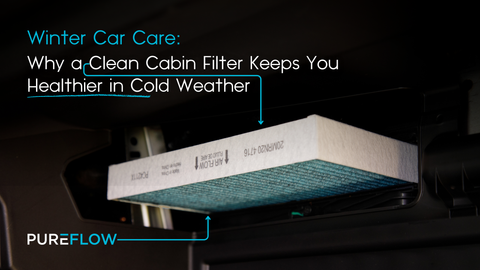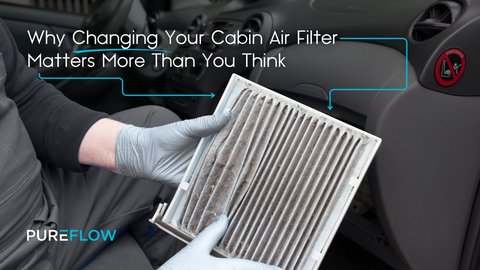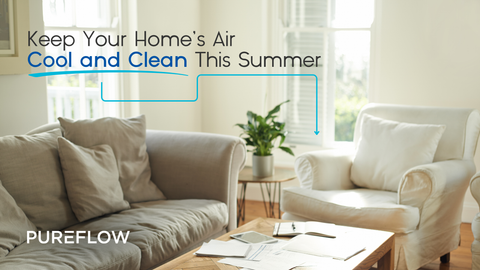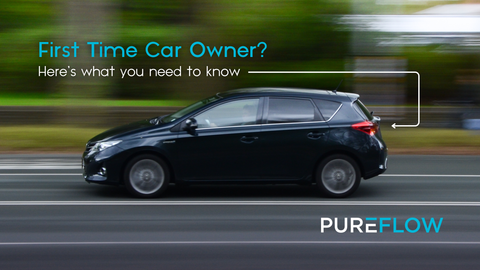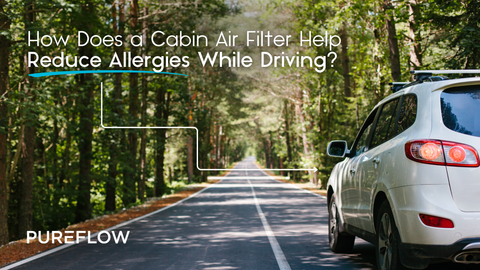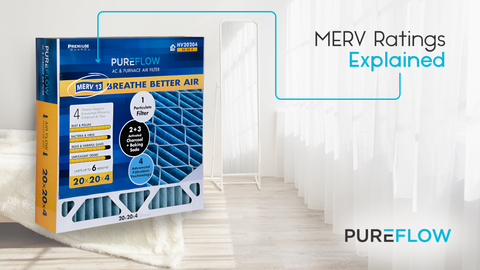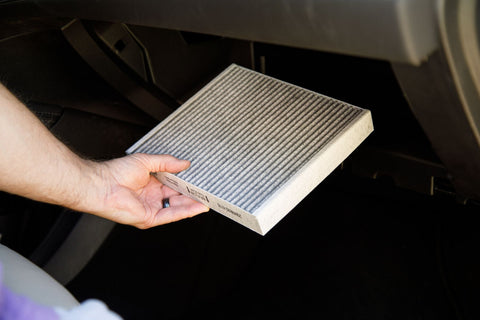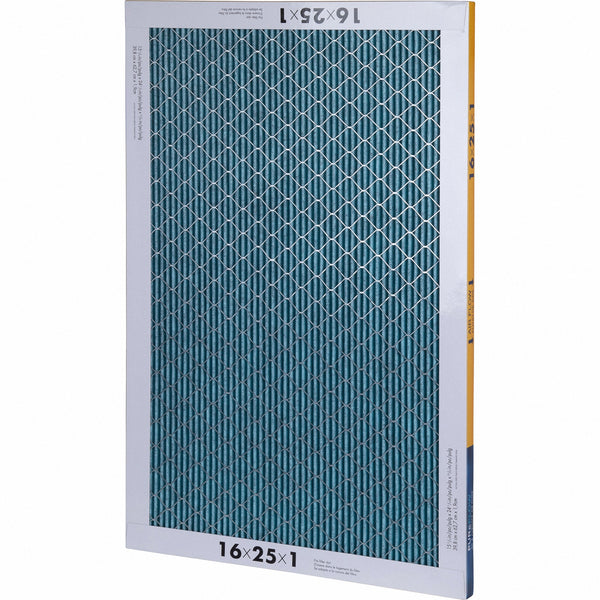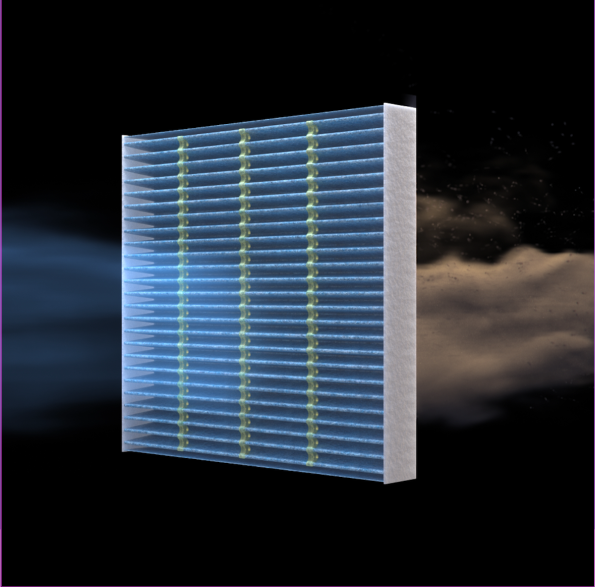It’s the leading story on every nightly newscast, and it seems to be getting worse before it’s getting better (though vaccines are on the way, thankfully). It is perfectly reasonable to look for ways to filter your air to keep out COVID-19 and the coronavirus. But does it really work? Are there ways to block this awful virus from getting through our air systems and what can we do about it?
How Do Cabin Air Filters Work?
For starters, let’s look at what a cabin air filter is, because a lot of people get it mixed up with an engine air filter, but the two couldn’t be more different. A cabin air filter is a device that is set up in your heating and cooling system to block out particulates as they get sucked up the fan and blown into the vehicle cabin.
Vehicle cabin air filters use multiple filtration systems to block out multiple hazards. One part of the filtration system may stop dust and debris (all the stuff that you’re sucking up on a dirt road, or a leafy street). This filtration system can block most pollen, which reduces the chance of allergens getting into the cabin of your car, which will lead to overall better health.
But cabin air filters also filter out pollutants, such as carbon monoxide and sulphur dioxide. To give you an idea of the kind of protection that a cabin air filter gives, a grain of sand is approximately 200 microns across; cabin air filters can catch and stop particulates that are just 3 microns across. That’s a pretty good filter.
Of course, cabin air filters get old and lose their efficiency, so they should be replaced (either at 12,000 miles or at one year). You may not even realize it, but a cabin air filter significantly weakens your vehicle’s ability to both heat and cool your interior, because so much gunk can get built up in an unreplaced filter.
So a clean cabin air filter can block out dust, smog, allergens and even viruses, but what about COVID-19? Can it block this rapidly-spreading pathogen that is causing so much death and devastation?
Can a Cabin Air Filter Protect You From COVID-19?
For starters, you should never rely solely on your cabin air filter to protect you from the coronavirus, as there are so many more factors at play. Your cabin air is clean--but as soon as you open the door you’re inviting in anything that’s hanging around in the air outside. To stop a virus completely you would need a strong cabin air filter plus a positive-air-pressure pump to rid your vehicle of everything that’s already in it, and odds are pretty darn good that you don’t have one of those. Running your HVAC system can help, however, as it rotates the air, sucking out the bad and filtering in the new.
But the better news is that COVID-19 doesn’t just hang around in clouds in the air, waiting for you to drive through it or open your door into it. COVID-19 travels through droplets that come from coughs and sneezes. If someone is standing in front of your car who has the virus, and they cough, your cabin air filter is about as good as an N95 mask: pretty good, but not perfect. But if no one is around your car who is carrying the virus, then the odds are it will dissipate in the air and never need to be filtered.
COVID-19 can live for longer periods of time on surfaces, so if someone with the virus was riding in your vehicle, you’ll want to get it cleaned thoroughly, and you’ll want to get tested for coming into close contact with them.
It is always an important need to change your cabin air filter to block out all the nasty little things lurking in the air, but COVID-19 is one that your cabin air filter probably will never have to block. (But if it does, it’ll do a pretty good job.)
Keep reading the other articles in our blog to stay up to date with the best in filtration technology!




